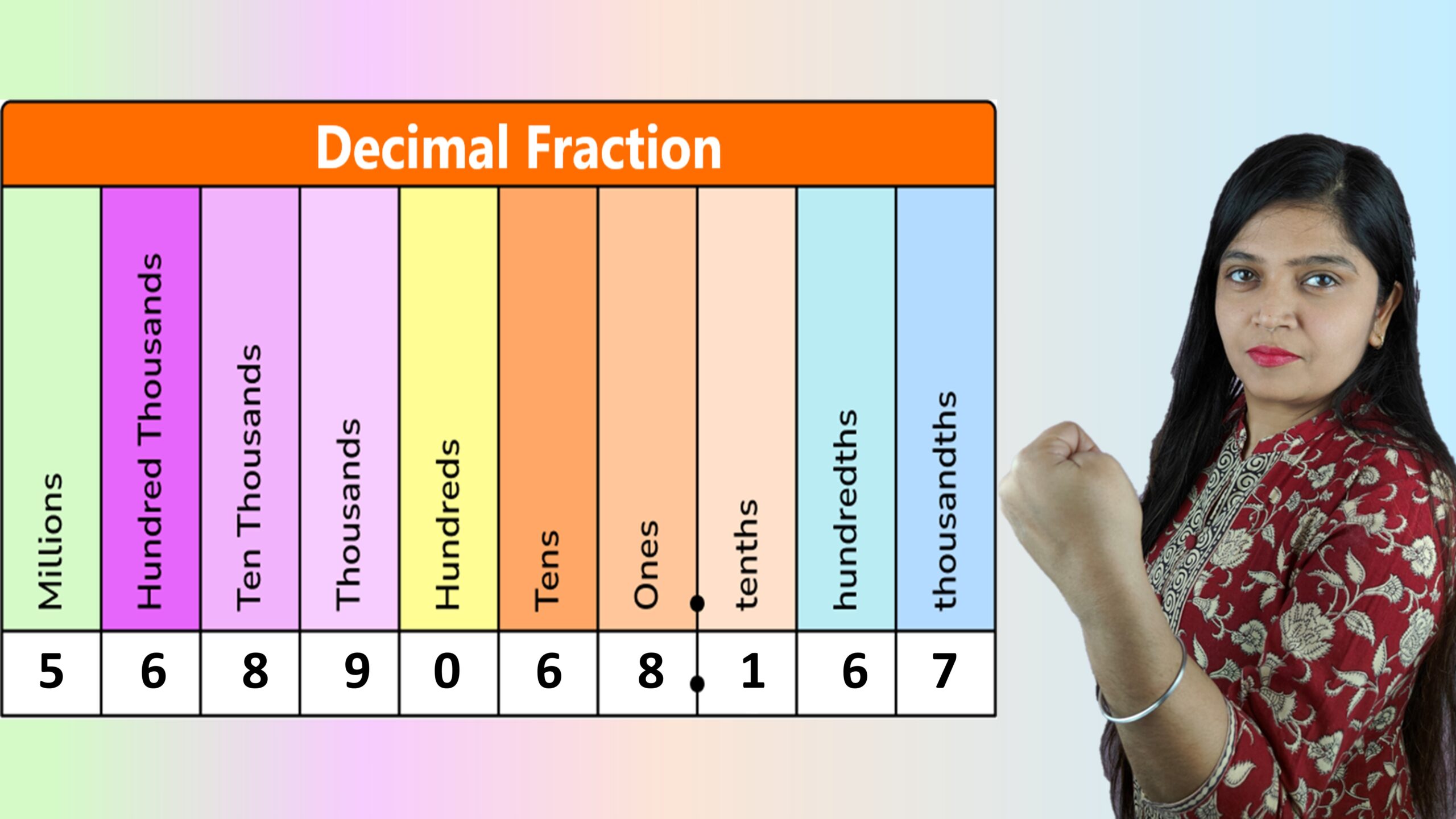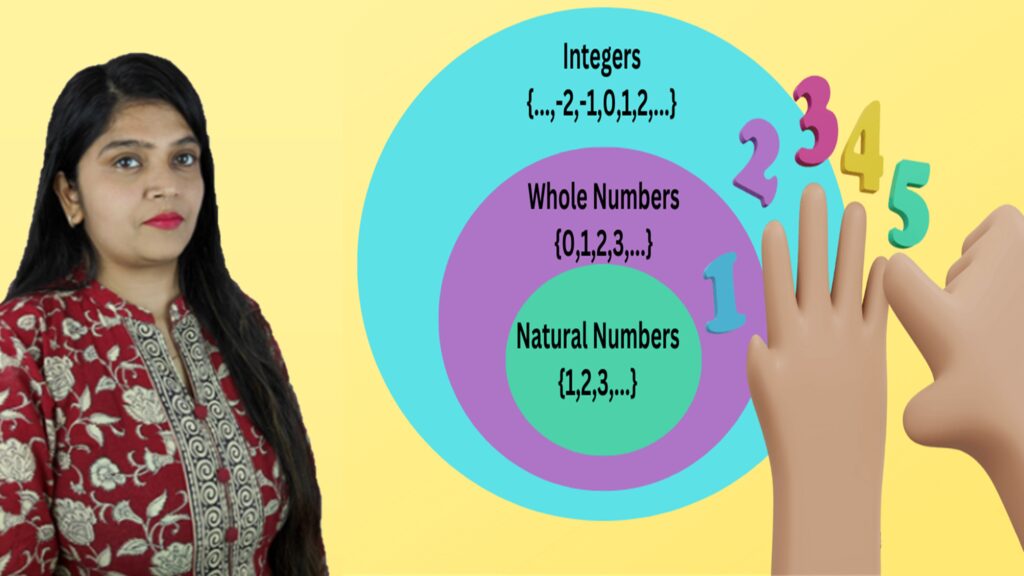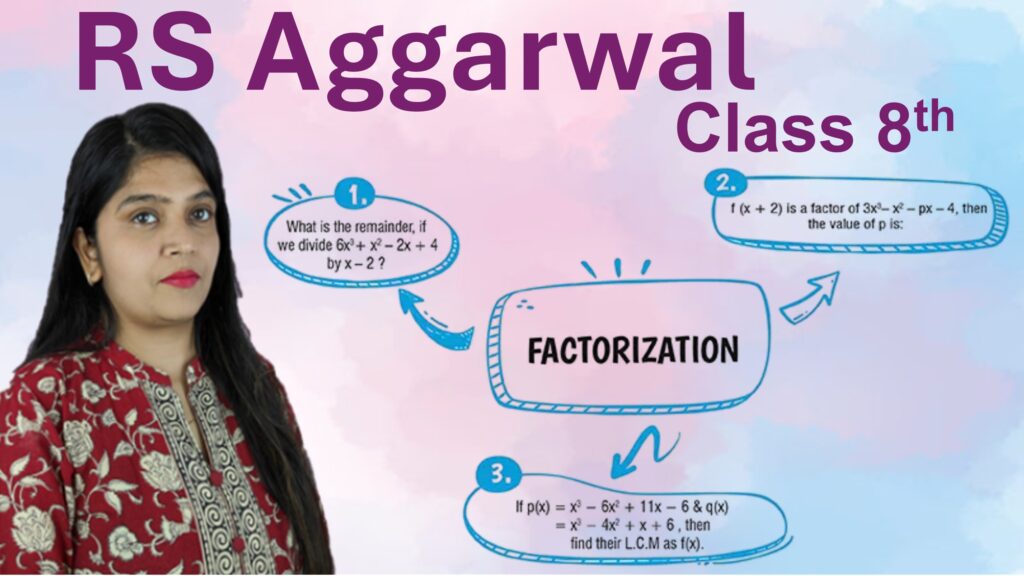Exercise: 4-D
Q1: The weight of an object is 306 kg. Find the total weight of 48 similar objects.
Step 1: Weight of one object = 306 kg
Step 2: Number of objects = 48
Step 3: Total weight = Weight of one object × Number of objects
\[
= 306 \times 48
\]
Step 4: Multiply 306 and 48:
306
× 48
──────
2448 (306 × 8)
12240 (306 × 40)
──────
14688
Answer: Total weight of 48 objects = 14688 kg.
Q2: Find the cost of 17.5m cloth at the rate of ₹112.50 per metre.
Step 1: Length of cloth = 17.5 m
Step 2: Rate per metre = ₹112.50
Step 3: Total cost = Length × Rate per metre
\[
= 17.5 \times 112.50
\]Step 4: Multiply 17.5 and 112.50:
1125
× 175
─────────
5625 (1125 × 5)
78750 (1125 × 70)
112500 (1125 × 100)
─────────
196875
Step 5: Place the decimal back (1 + 2 = 3 decimal places):
\[
17.5 \times 112.50 = 196.875
\]Answer: Total cost of 17.5 m cloth = ₹1968.75.
Q3: One kilogram of oil costs ₹73.40. Find the cost of ₹9.75 kilograms of the oil.
Step 1: Cost of 1 kg oil = ₹73.40
Step 2: Quantity of oil = 9.75 kg
Step 3: Total cost = Cost per kg × Quantity
\[
= 73.40 \times 9.75
\]Step 4: Multiply 73.40 and 9.75:
7340
× 975
─────────
36700 (7340 × 5)
513800 (7340 × 70)
6606000 (7340 × 900)
─────────
7156500
Step 5: Place the decimal back (2 + 2 = 4 decimal places):
\[
73.40 \times 9.75 = 715.6500 = 715.65
\]Answer: Total cost of 9.75 kg oil = ₹715.65.
Q4: Total weight of 8 identical objects is 51.2 kg. Find the weight of each object.
Step 1: Total weight of 8 objects = 51.2 kg
Step 2: Number of objects = 8
Step 3: Weight of each object = Total weight ÷ Number of objects
\[
= \frac{51.2}{8}
\]Step 4: Divide 51.2 by 8:
6.4
─────
8 | 51.2
-48
──────
32
-32
──────
0
Answer: Weight of each object = 6.4 kg.
Q5: 18.5 m of oil costs ₹ 666. Find the cost of 3.8 m cloth.
Step 1: Cost of 18.5 m oil = ₹666
Step 2: Cost per metre = Total cost ÷ Length
\[
= \frac{666}{18.5} = \frac{6660}{185}
\]Step 3: Divide 6660 by 18.5:
36
────────
185 | 6660
-555 (185 × 3)
─────
1110
-1110 (185 × 6)
─────
0
Cost per metre = ₹36Step 4: Find cost of 3.8 m oil = Cost per metre × 3.8 \[ = 36 \times 3.8 \]Step 5: Multiply 36 and 3.8:
36
× 3.8
─────
28.8 (36 × 0.8)
108.0 (36 × 3)
─────
136.8
Answer: Cost of 3.8 m oil = ₹136.8.
Q6: Find the value of:
i. 0.5 of ₹7.60 + 1.62 of ₹30
Step 1: Calculate \(0.5 \times 7.60\):
0.5 × 7.60 = 3.80
Step 2: Calculate \(1.62 \times 30\):
1.62
× 30
──────
0.00 (1.62 × 0)
48.60 (1.62 × 30)
──────
48.60
Step 3: Add the two results:
\[
3.80 + 48.60 = 52.40
\]Answer: 52.40
ii. 2.3 of 7.3 kg + 0.9 of 0.48 kg
Step 1: Calculate \(2.3 \times 7.3\):
2.3
× 7.3
─────
0.69 (2.3 × 0.3)
14.00 (2.3 × 7)
─────
16.79
Step 2: Calculate \(0.9 \times 0.48\):
0.48 ×0.9 ───── 0.432 (0.48 × 0.9)
Step 3: Add the two results:
\[
16.79 + 0.432 = 17.222
\]Answer: 17.222 kg
iii. 6.25 of 8.4 – 4.7 of 3.24
Step 1: Calculate \(6.25 \times 8.4\):
6.25 × 8.4 ───── 2.50 (6.25 × 0.4) -50.00 (6.25 × 8) ───── 52.50
Step 2: Calculate \(4.7 \times 3.24\):
3.24 × 4.7 ───── 2.268 (3.24 × 0.7) 12.960 (3.24 × 4) ───── 15.228
Step 3: Subtract the two results:
\[
52.50 – 15.228 = 37.272
\]Answer: 37.272
iv. 0.98 of 235 – 0.09 of 3.2
Step 1: Calculate \(0.98 \times 235\):
0.98
× 235
───────
4.9 (0.98 × 5)
29.4 (0.98 × 30)
196.0 (0.98 × 200)
───────
230.30
Step 2: Calculate \(0.09 \times 3.2\):
3.2 ×0.09 ───── 0.288 (0.09 × 32)
Step 3: Subtract the two results:
\[
230.30 – 0.288 = 230.012
\]Answer: 230.012
Q7: Evaluate:
i. \(5.6 – 1.5 \text{ of } 3.4\)
Step 1: Calculate \(1.5 \times 3.4\):
1.5 × 3.4 ───── 0.6 (1.5 × 0.4) 4.5 (1.5 × 3) ───── 5.10
Step 2: Subtract from 5.6:
\[
5.6 – 5.10 = 0.50
\]Answer: 0.50
ii. \(4.8 \div 0.04 \text{ of } 5\)
Step 1: Calculate \(0.04 \times 5\):
0.04 × 5 ───── 0.20
Step 2: Divide \(4.8 \div 0.20\):
4.8 ÷ 0.20 = 24
Answer: 24
iii. \(0.72 \text{ of } 80 \div 0.2\)
Step 1: Calculate \(0.72 \times 80\):
0.72 × 80 ───── 0.0 (0.72 × 0) 57.60 (0.72 × 80) ───── 57.6
Step 2: Divide \(57.6 \div 0.2\):
57.6 ÷ 0.2 = 288
Answer: 288
iv. \(0.72 \div 80 \text{ of } 0.2\)
Step 1: Calculate \(80 \times 0.2\):
80 × 0.2 ──── 16
Step 2: Divide \(0.72 \div 16\):
0.72 ÷ 16 = 0.045
Answer: 0.045
v. \(6.45 \div (3.9 – 1.75)\)
Step 1: Subtract inside the bracket: \[ 3.9 – 1.75 = 2.15 \]Step 2: Divide \(6.45 \div 2.15\):
6.45 ÷ 2.15 = 3
Answer: 3
vi. \(0.12 \text{ of } (0.104 – 0.02) + 0.36 \times 0.5\)
Step 1: Calculate inside bracket: \[ 0.104 – 0.02 = 0.084 \]Step 2: Calculate \(0.12 \times 0.084\):
0.12 ×0.084 ──────── 0.00048 (0.12 × 0.004) 0.00960 (0.12 × 0.080) ──────── 0.01008
Step 3: Multiply 0.36 by 0.5:
\[
0.36 \times 0.5 = 0.18
\]Step 4: Add 0.01008 and 0.18:
\[
0.01008 + 0.18 = 0.19008
\]Answer: 0.019008







Leave a Comment